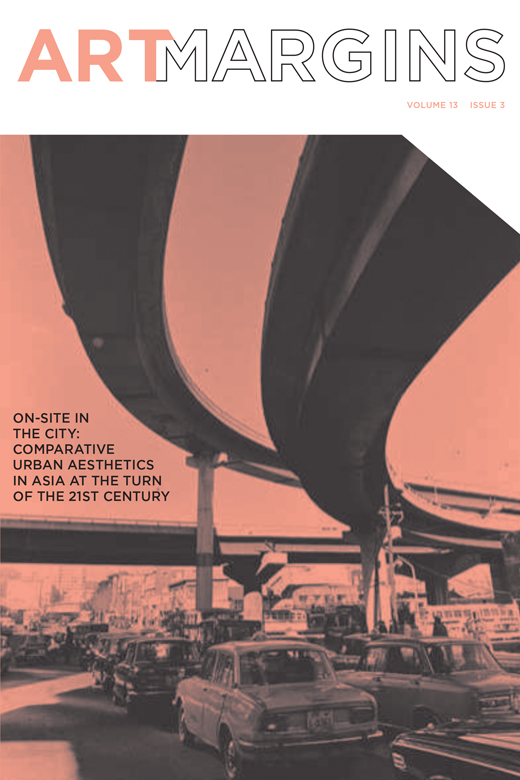“Unmade”: Self-Portraits by Monika Duda
Monika Duda. Unmade. Centre for Contemporary Art Ujazdowski Castle, Warsaw, Poland. 10 March-30 April 2000.
Monika Duda, born in Lublin, Poland, in 1967, lives and works in London. Duda studied art history at the ATK University in Warsaw, 1986-1992, and at the Courtauld Institute of Art in London, 1991-1992. Solo exhibitions: The Hockney Gallery, Royal College of Art, London, 1999; selected group exhibitions: “What Difference Does It Make”, Cambridge Darkroom Gallery, Cambridge, 1998; “Le Jardin”, Stockwell Studios, London, 1998.
Monika Duda’s Unmade, a series of several dozen photographic self-portraits made over a period of six months (from January 1999 until June 1999) perform a thorough inspection of the surface of the artist’s own face. Unmade invites a literal understanding of its artistic message, not unlike minimalart. The repetitive structure of the series of photographs reinforces this documentary objective. In her discussion of Marcel Duchamp’s readymades, Rosalind Krauss has famously linked readymades to photographs. In Krauss’s opinion, the photographic image and the ready-made both function as indexes marking a specific component of the real world and to providing a verbatim quote of it in the context of art. In Duda’s photographs, the artist’s own body becomes this object of choice; the indexical nature of her self-portraits is reinforced by certain blemishes that are visible on her skin, symptoms of physiological processes that are invisible to the naked eye. Unmade should be understood both as a dialogue with Duchamp and as a modification of his strategies. While for Duchamp the readymade triggered a potentially unlimited process of semantic transformations, in Duda’s case, the reduction of her photographs’ message to the level of bare literalness is designed to test the possibilities of reaching beyond the order of signification, to liberate the photographic image from the constraints of an imposed code.
In contemporary culture, photography is primarily an advertising tool and, as such, subject to numerous codification procedures. Photographs perform numerous ideological functions. Fashion photography, for example, constructs specific stereotypes of commodified desire. Monika Duda has always played with the socially and culturally sanctioned conventions governing the representation of women. For example, Strangers (1997), a series of photographic self-portraits that precede Unmade not only chronologically but also logically, is a review of female images created with the help of makeup, hairstyle and dress. In Strangers, the image of the woman represented functions as a sign, her identity is pre-defined by the repertoire of roles she plays or could theoretically play. Earlier works by Duda, such as Specimens I, Specimens II, or The Collection (1996) consist of showcases similar to those seen in museums, except that they are filled with sets of artificial nails, eyelashes and lip casts. This “female taxonomy” is expanded in A Case of Female Beauty (1995), a series of photographs that expose the contents of a woman’s beauty case. The phallic shape of a lipstick visible on one of the photographs included in this work is, perhaps, emblematic of the way femininity is constructed in our culture.
In the self-portraits that make up Unmade–i.e., without makeup, bare–Duda attempts to decode the image of a specific woman (herself). Jacques Lacan who claimed that the essence of femininity could not be reduced to a sign, claimed that “woman does not exist”. A woman, in other words, cannot be the object of (semiotic) exchange. Monika Duda’s Unmade series may, then, give us the experience of a gaze liberated from the veil of convention.
Translated by Maria Wanat.









